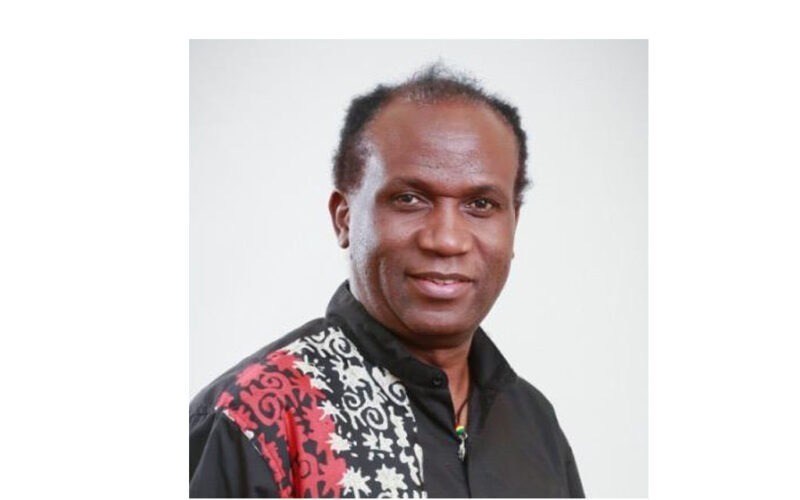Matts Haikali
The 2023 Africa Cup of Nations (AFCON) has unfolded as a captivating spectacle, and one cannot overlook the impressive performances of Portuguese-speaking nations—Cape Verde, Equatorial Guinea, Angola, and Mozambique. As we dissect their success, it becomes apparent that their triumphs are indicative of broader trends and lessons for the entire African football landscape.
Senegal’s unwavering dominance, fortified by a local coach with over a decade in charge, is a testament to the dividends of stability and continuity in leadership. Morocco, buoyed by substantial economic investment, stands as a formidable force that should not be underestimated. This strategic approach off the pitch has undoubtedly translated into on-field success.
The proficiency of Portuguese-speaking nations in scoring, especially through set pieces, direct free kicks, and penalties, reflects a strategic ability in capitalizing on dead-ball situations. This points to a thorough approach and individual brilliance in converting chances, underlining the importance of a multifaceted offensive strategy.
The absence of a home crowd expectation has allowed teams like Cape Verde, Equatorial Guinea, Angola, and Mozambique to play with greater freedom. The decline of powerhouse teams and the absence of robust development programs in some traditionally strong African football nations reveal the challenges faced by these teams and the shifting dynamics in the continental football landscape.
African teams must diversify their talent pool beyond relying solely on European-based players. The absence of women and youth competitions, coupled with limited development programs, underscores the need for a more holistic football ecosystem. Prioritizing grassroots development is crucial to ensure a continuous influx of talent.
While African teams are celebrated for their flair and attacking prowess, the AFCON 2023 showcased the importance of defensive discipline. The ability to balance offensive flair with solid defensive strategies is imperative for sustained success at the continental level.
Positive strides in coaching standards across the continent, marked by CAF Convention criteria and increased investment in local coaches, signify a promising trend. Understanding the DNA of African players and a tactical evolution are contributing factors to the improved performances witnessed during the tournament.
Namibia’s upset victory over Tunisia and South Africa’s ruthless display, leveraging players experienced in CAF competitions, highlight the unpredictability of football and the benefits of strategic team selection and familiarity among players.
The introduction of VAR played a crucial role in ensuring fair play during AFCON 2023. Additionally, the inclusion of 3-4 female referees signals a positive step towards gender inclusion in African football officiating.
As the dust settles on AFCON 2023, these lessons should serve as a blueprint for the future of African football.




